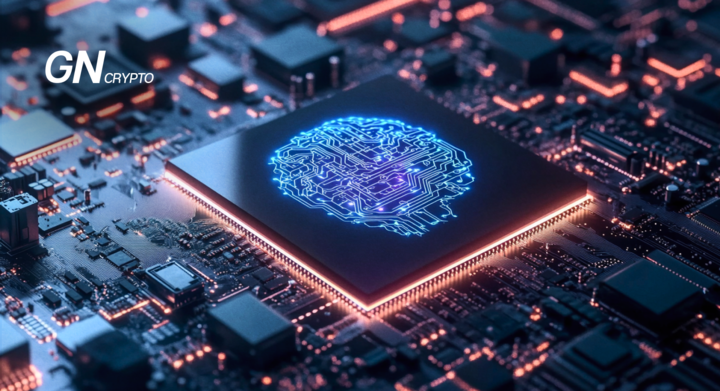$11 Billion in Debt: Companies Scramble to Buy AI Chips on Credit

Major financial corporations, including BlackRock and Blackstone, have extended over $11 billion in loans to tech companies providing cloud computing power for AI development. These companies have significant reserves of Nvidia chips and are using loans to expand their stock.
Major financial corporations, including BlackRock and Blackstone, have extended over $11 billion in loans to tech companies providing cloud computing power for AI development. These companies have significant reserves of Nvidia chips and are using loans to expand their stock.
An informal coalition known as Neocloud—which includes firms like CoreWeave and Crusoe—has accumulated around $3 trillion in Nvidia chips, partly financed through loans secured against existing inventory. Nvidia has even invested in this group to drive its own sales.
CoreWeave, for example, has been stockpiling chips since it was founded in 2017. Initially focused on crypto mining, the company pivoted to AI and now claims to be the largest private holder of Nvidia chips, with over 45,000 units.
CoreWeave’s valuation has soared nearly tenfold in less than two years, reaching $19 billion, while it has accumulated over $10 billion in debt against annual revenue of about $2 billion. The company is preparing for an initial public offering (IPO) in the first half of 2025, though details are still under wraps.
The Microsoft contract was critical. They won the contract then said we need $2bn of GPUs, which we were able to finance,
commented a source involved in CoreWeave’s deal.
A major challenge for these companies is limited access to new AI chips. CoreWeave initially benefited from a supply agreement, but Nvidia has since clarified that it no longer offers preferential access, enforcing the standard supply queue.
Critics argue that this type of lending poses serious market risks: chip prices have plummeted this year, and new models are likely to drive down the value of older ones even further. Rising competition among developers and manufacturers is also putting pressure on chip prices.
The lenders all coming in push the story that you can borrow against these chips and add to the frenzy that you need to get in now. But chips are a depreciating, not appreciating, asset,
said Nate Koppikar, a short seller at hedge fund Orso Partners.
Many of these loans will come due in the next few years, potentially leading to mass sell-offs of older chips to cover debts. Despite this, cloud companies continue to take out loans and acquire AI chips, betting on sustained demand for AI infrastructure.
The content on The Coinomist is for informational purposes only and should not be interpreted as financial advice. While we strive to provide accurate and up-to-date information, we do not guarantee the accuracy, completeness, or reliability of any content. Neither we accept liability for any errors or omissions in the information provided or for any financial losses incurred as a result of relying on this information. Actions based on this content are at your own risk. Always do your own research and consult a professional. See our Terms, Privacy Policy, and Disclaimers for more details.




















